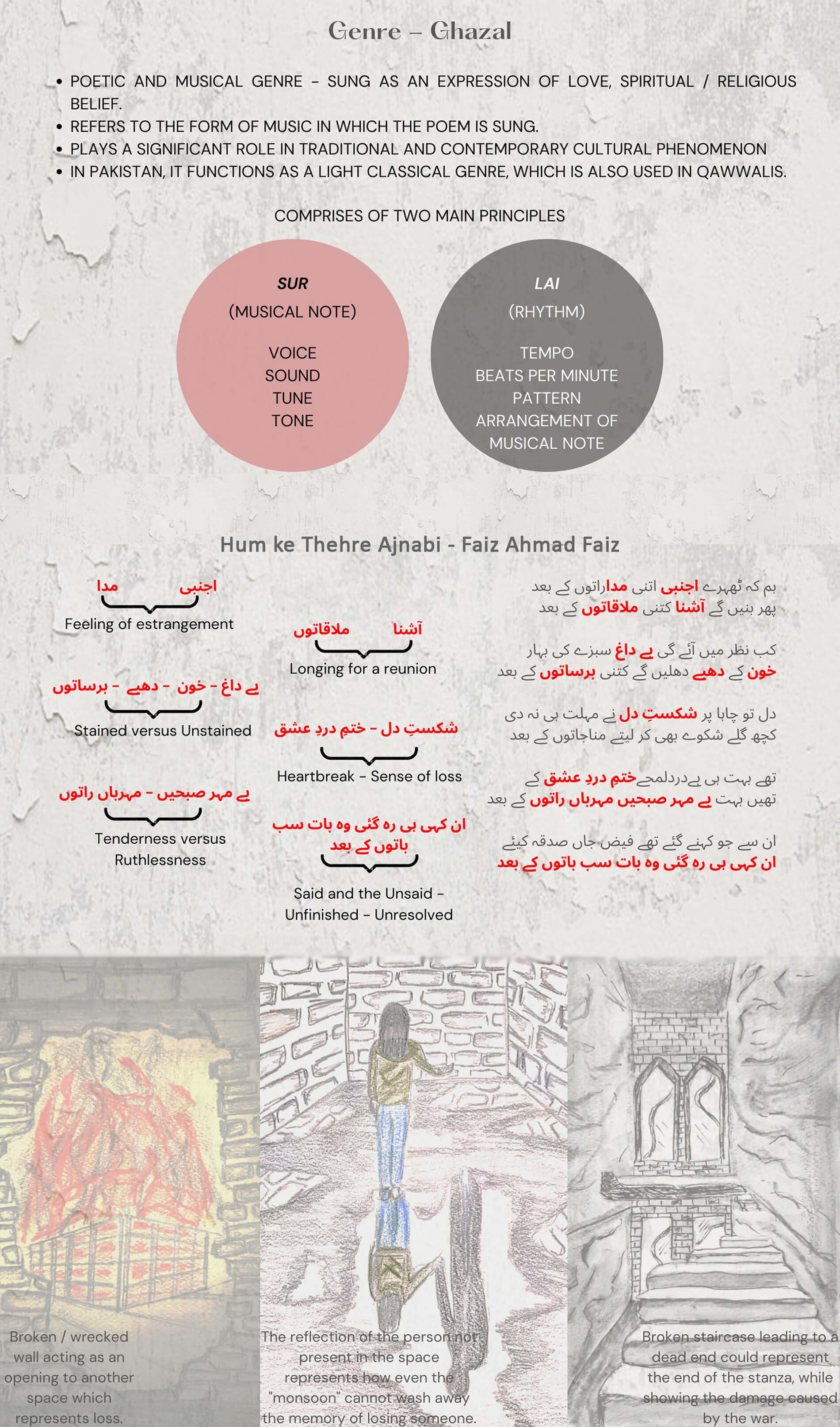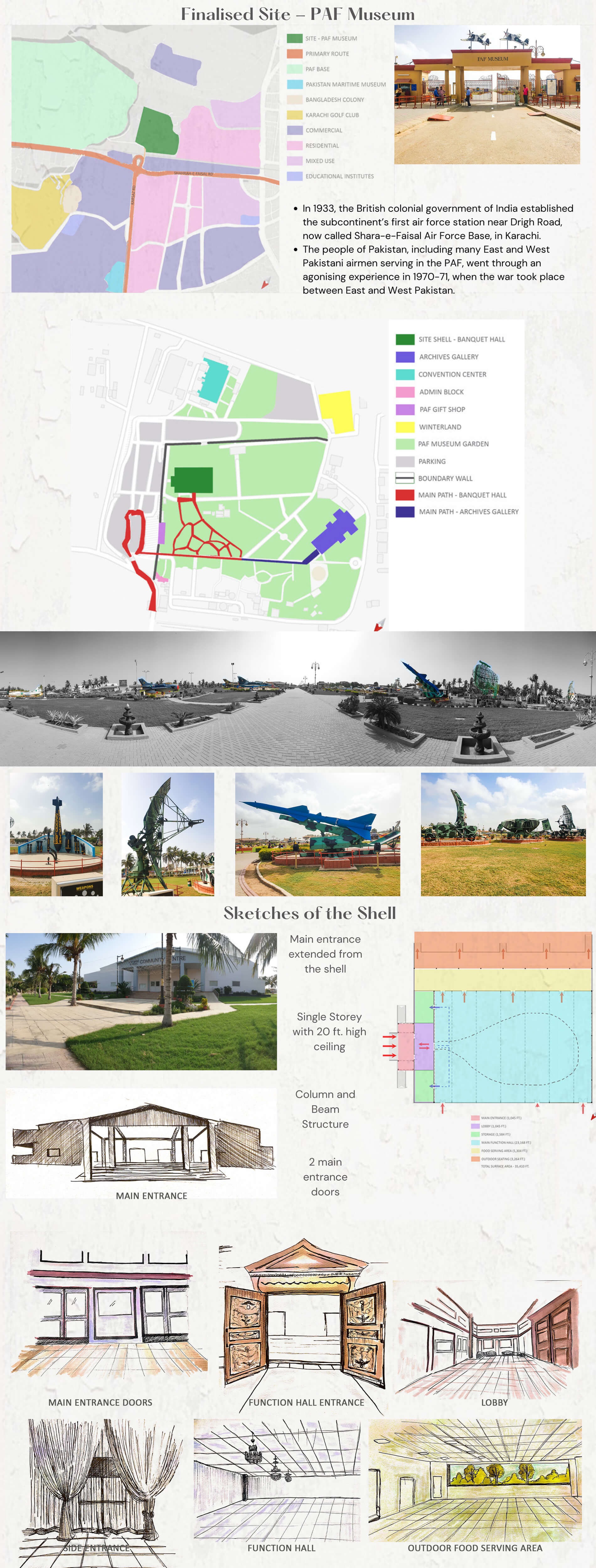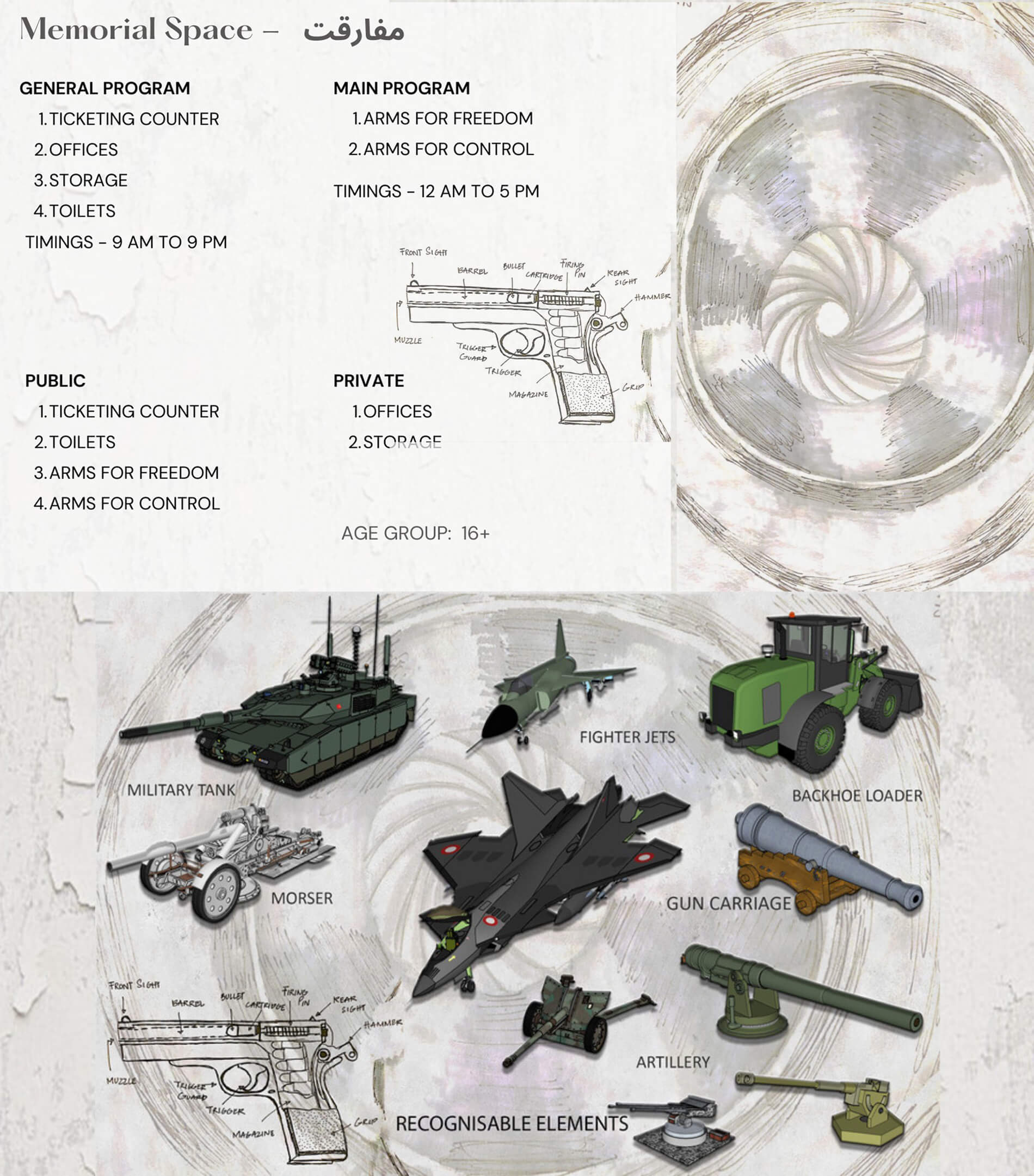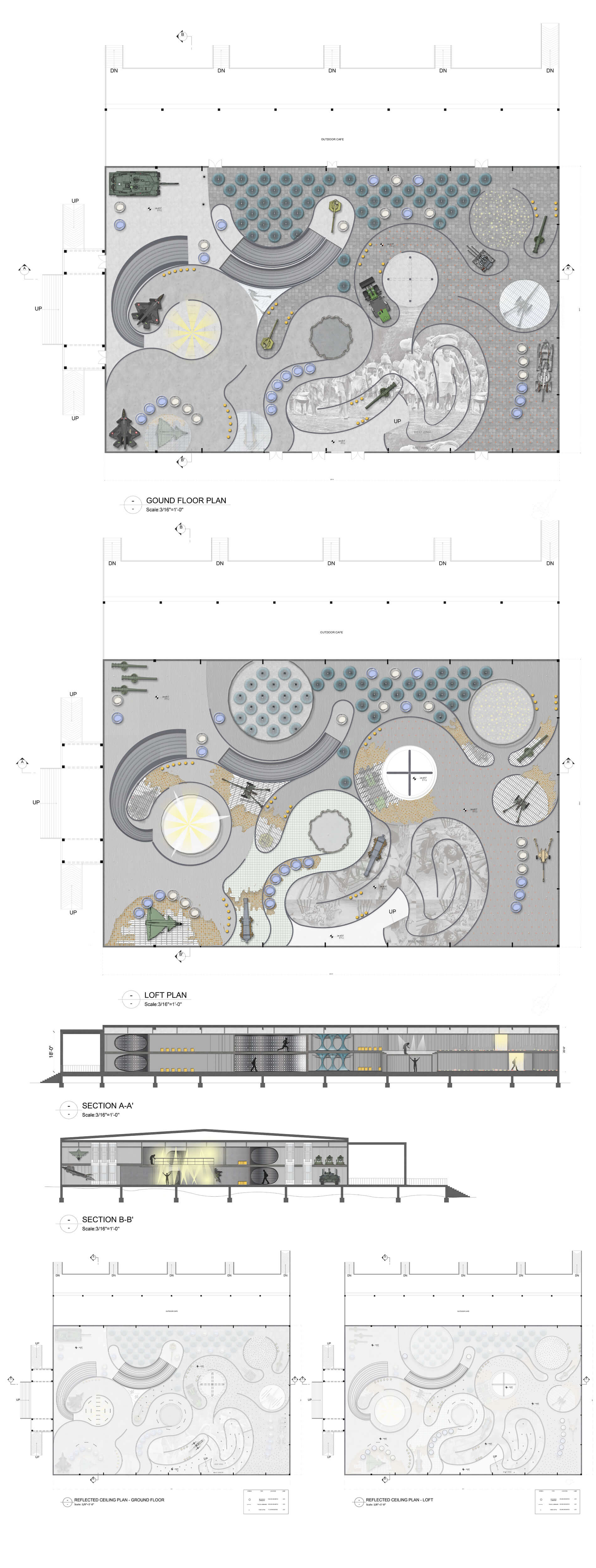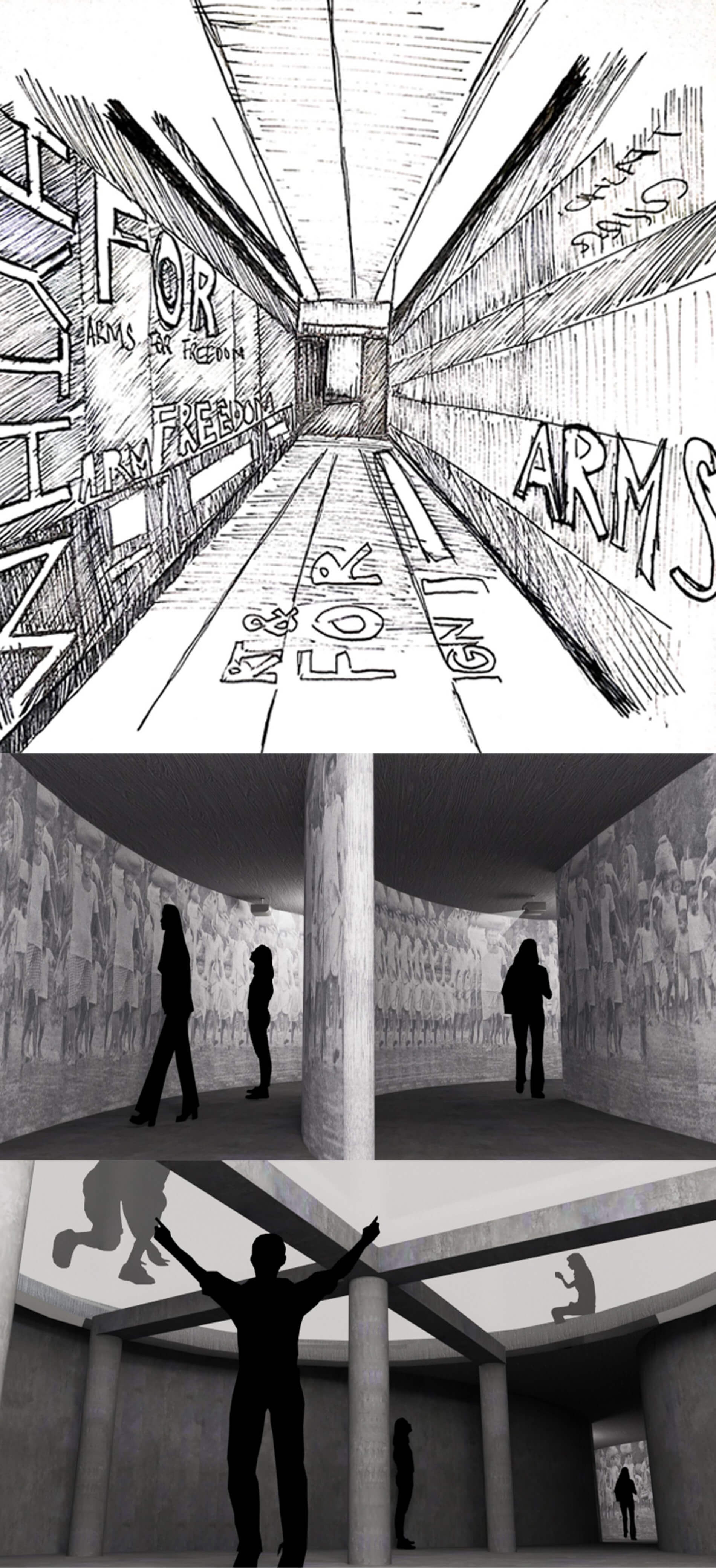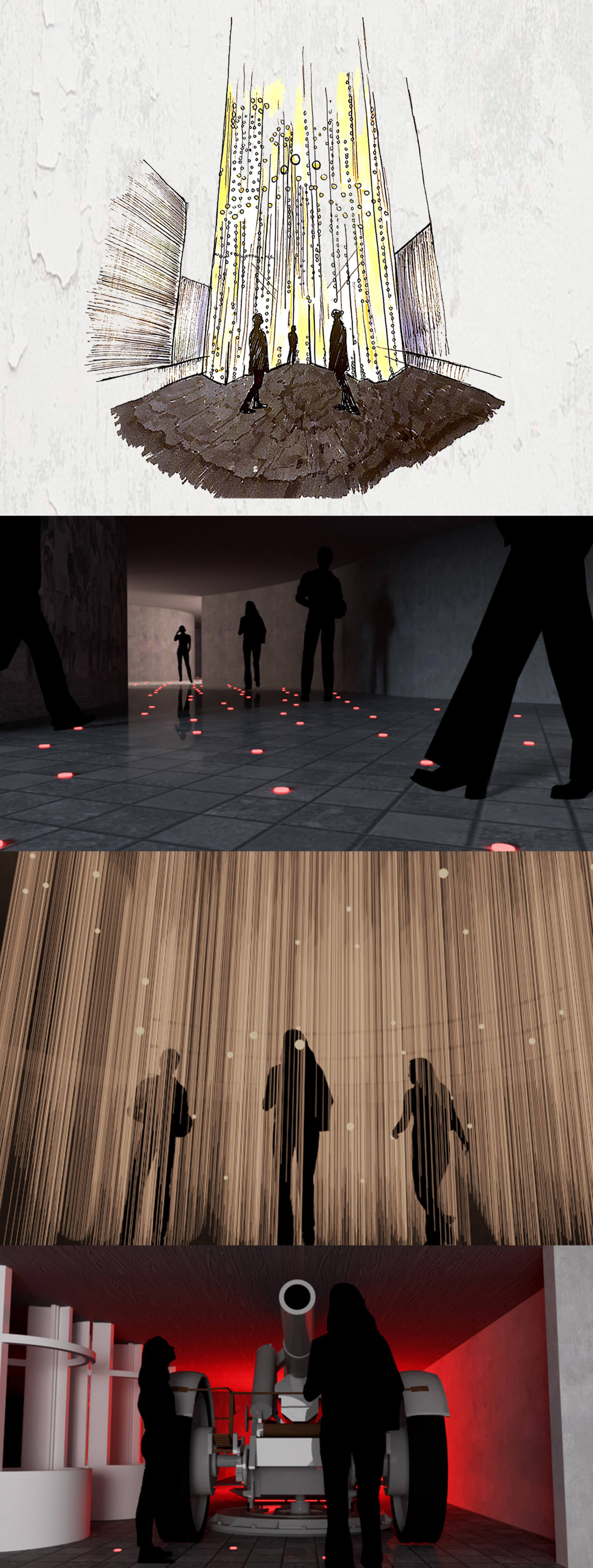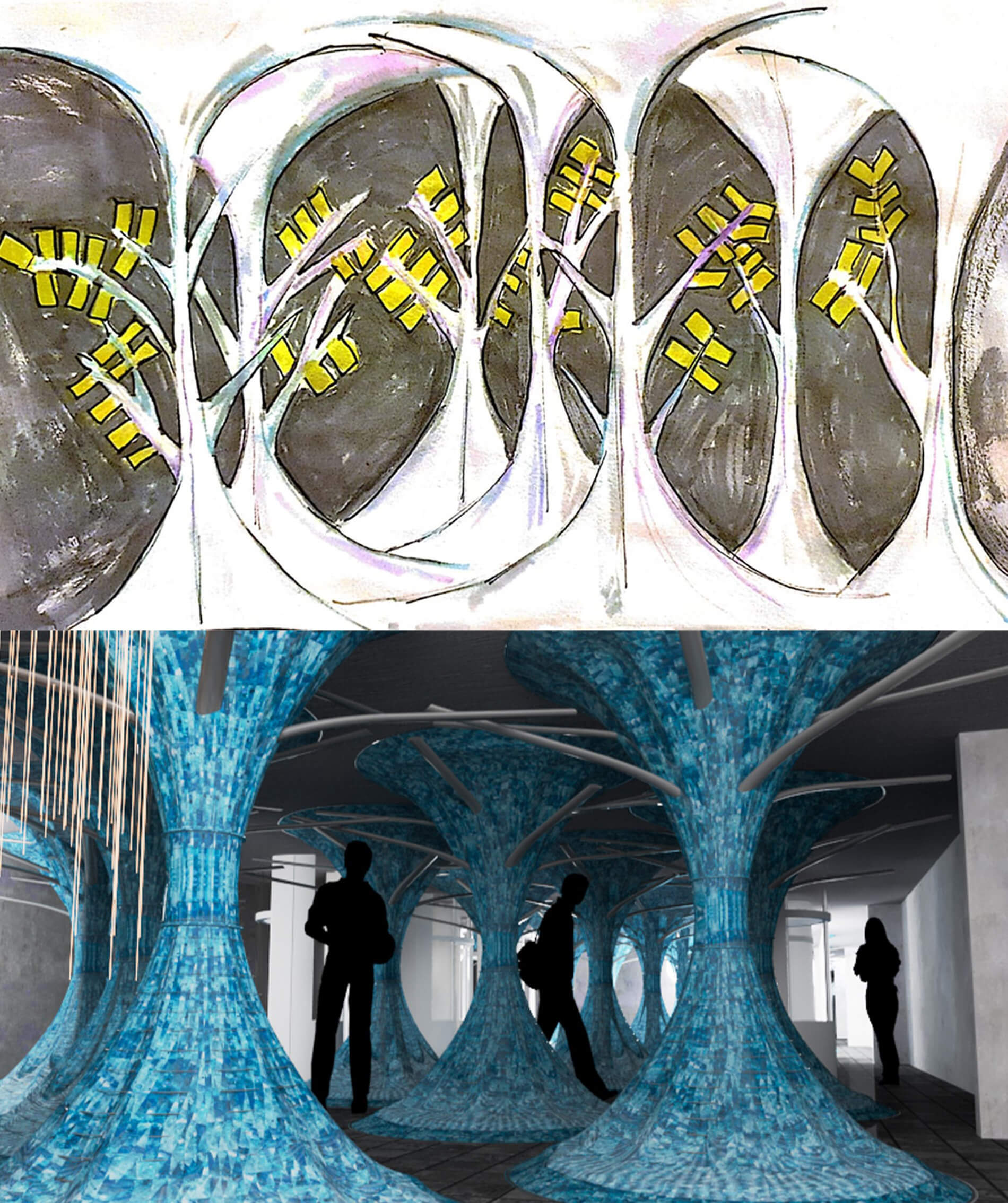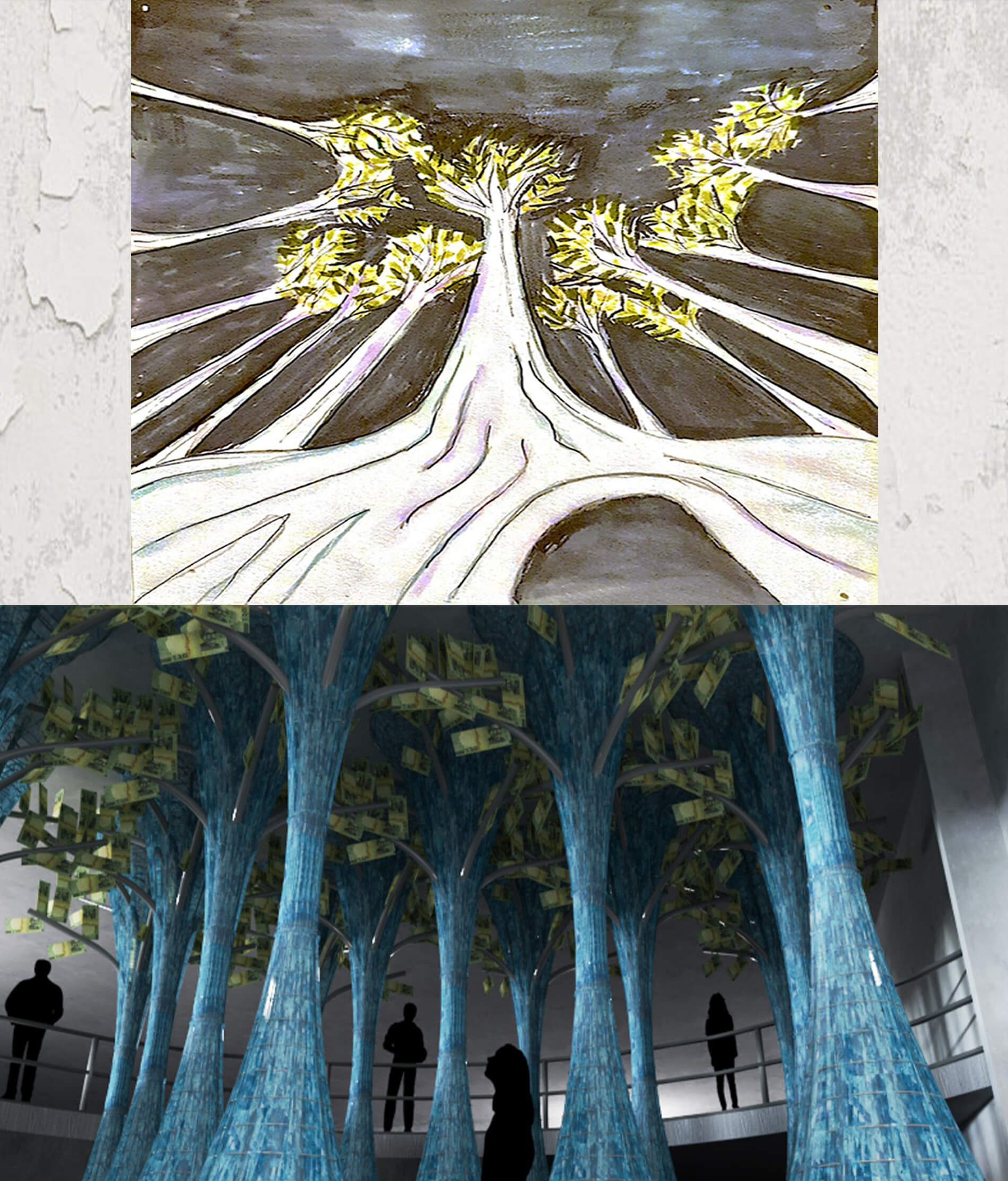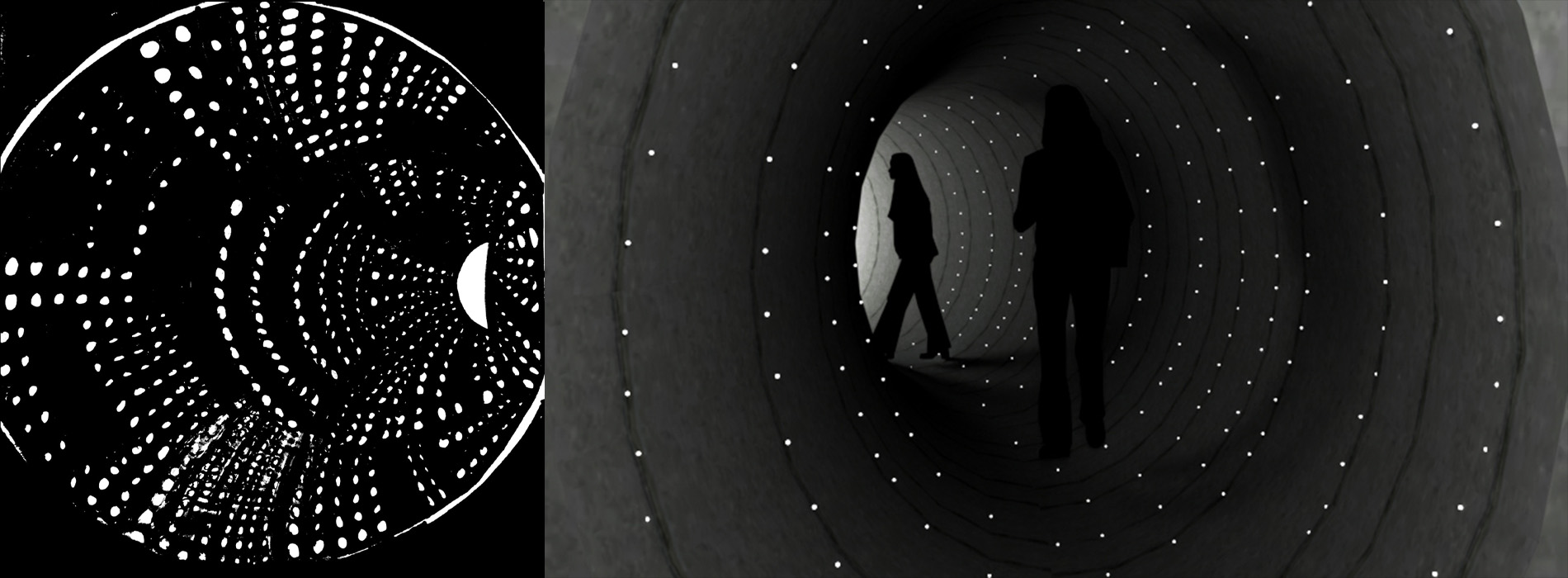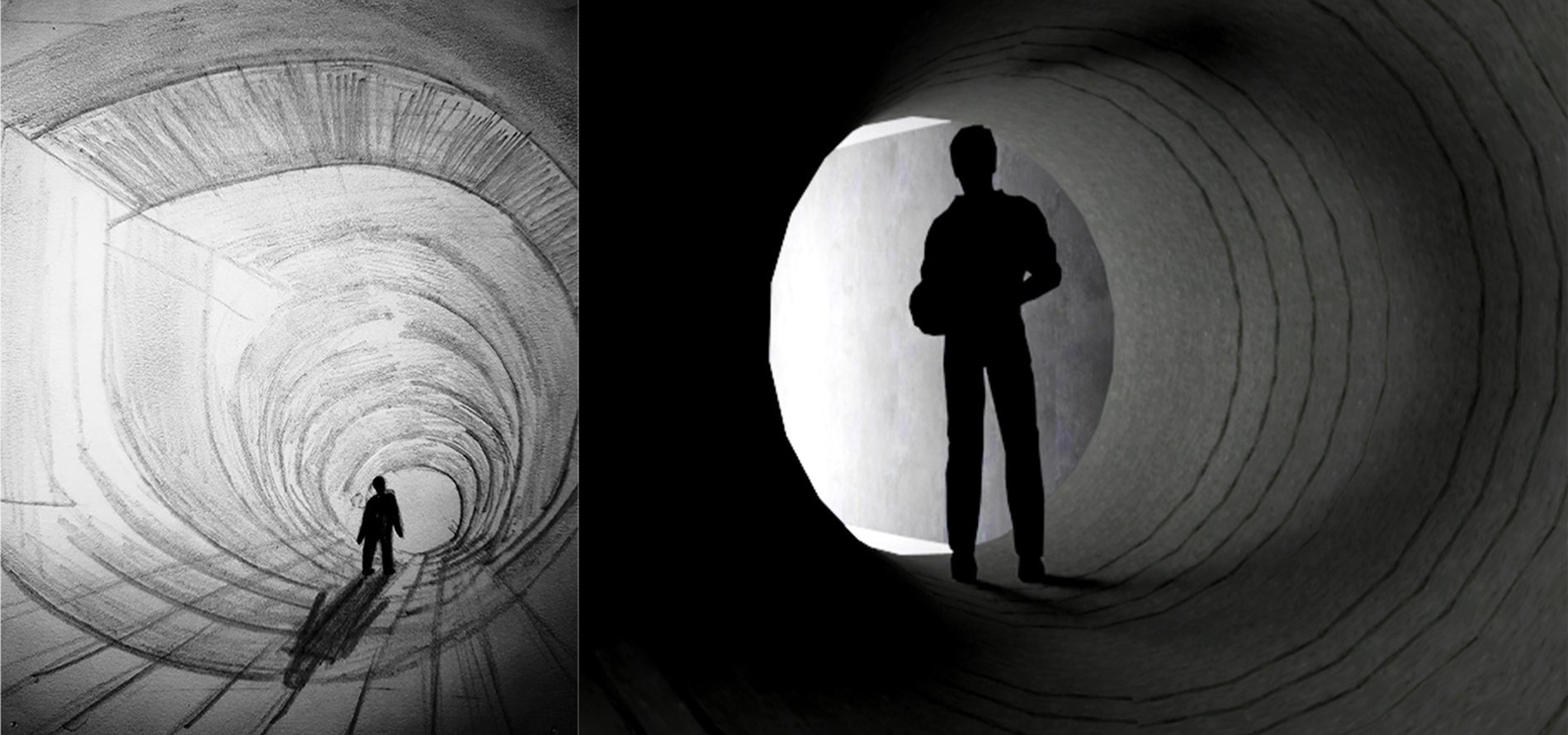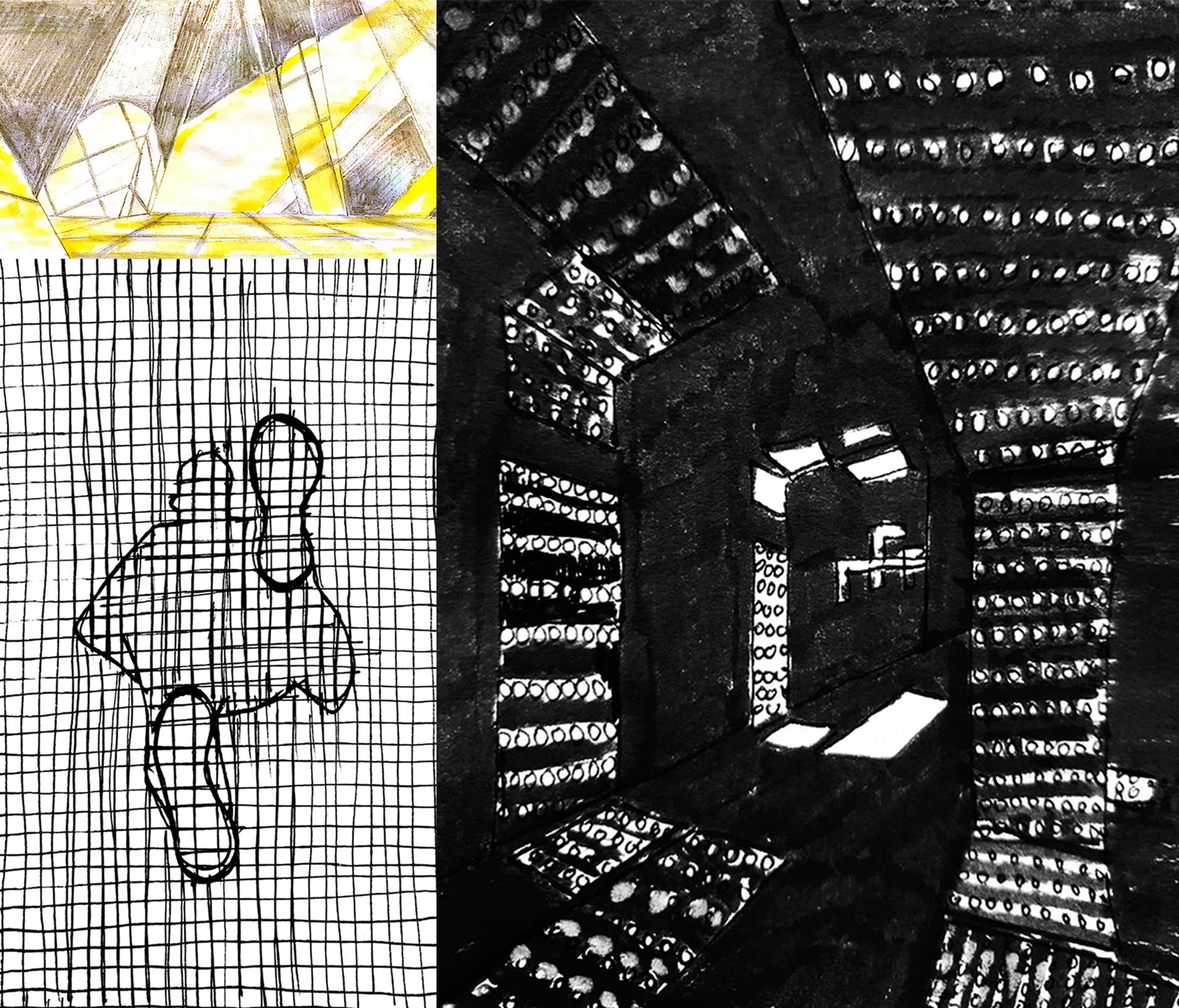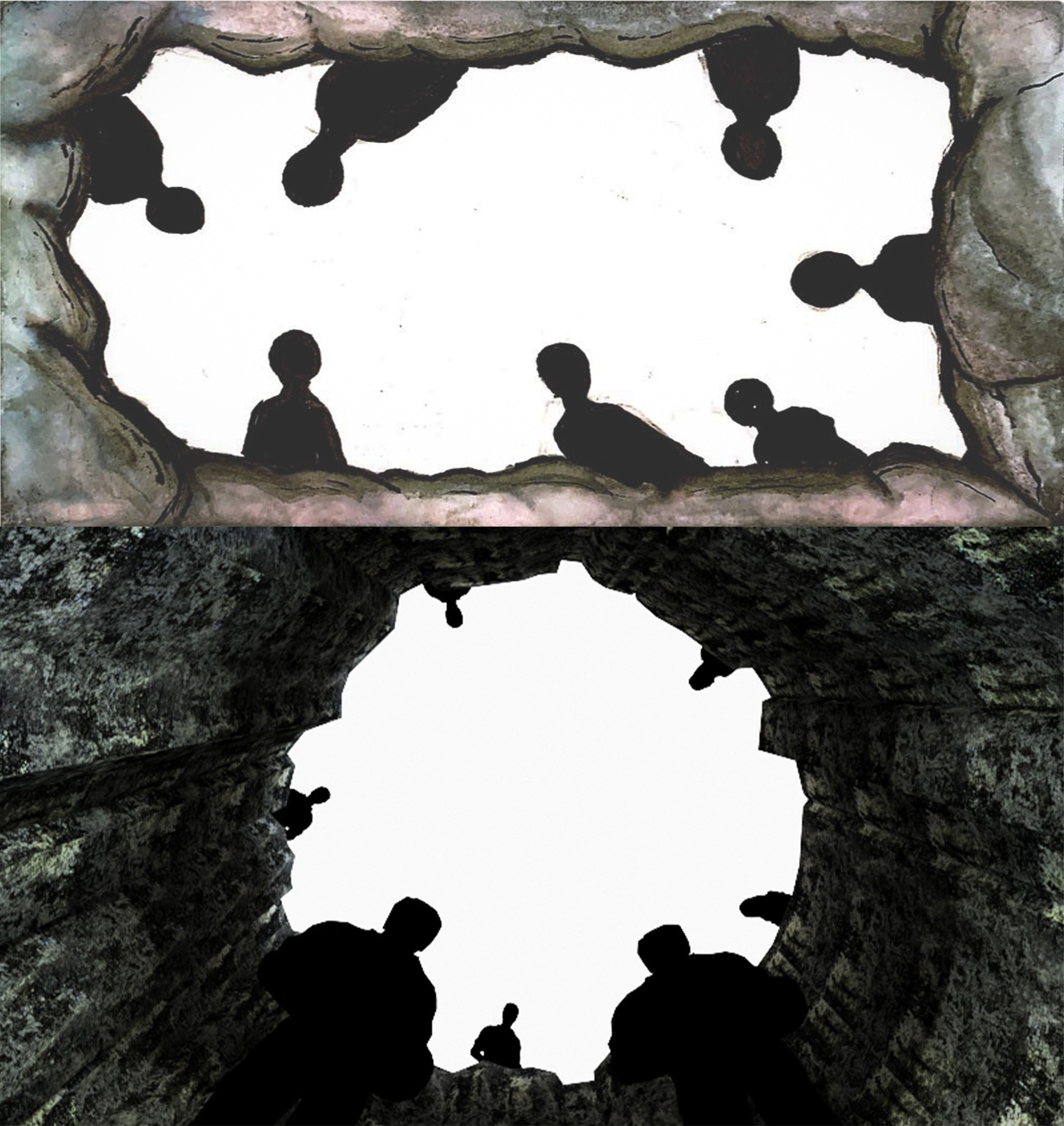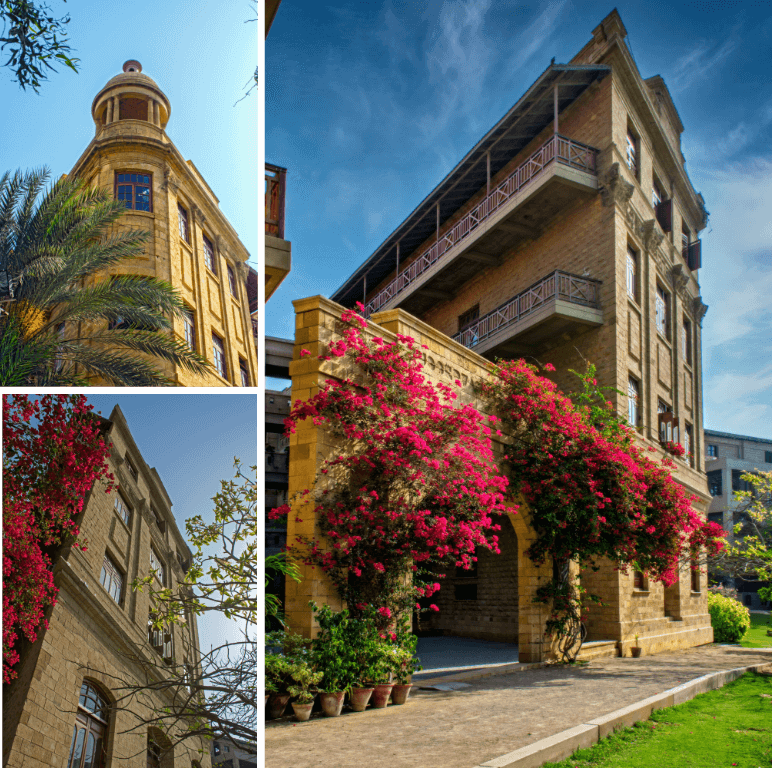Lubna Hasan
Thesis Title:
Kahee o Ankahee Baatain
Project Title:
Mufarqat
Location:
PAF Faisal Base, Shahrah-e-Faisal Rd, Faisal Cantonment, Karachi, Karachi City, Sindh
User Group:
Age group: 16+
This thesis attempts to explore the impact of ghazals in three dimensions. Can two opposite perspectives be spatialized? Poems are oftentimes written to express feelings and emotions that remain unexpressed. When music is added to the poem, it not only turns the poetry into ghazal, but also reveals more about the emotions expressed. If a ghazal is translated into a space, can the space add to what remains unsaid?
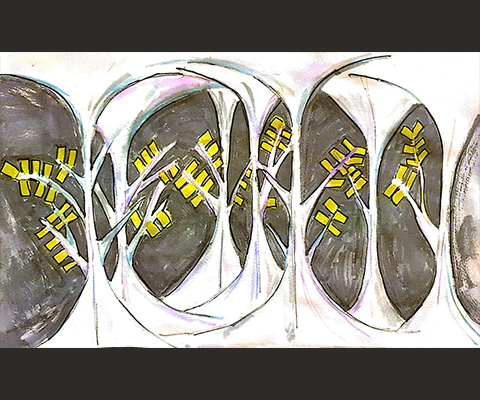

Lubna Hasan
Interior Design
Thesis Title:
Kahee o Ankahee Baatain
Project Title:
Mufarqat
Location:
PAF Faisal Base, Shahrah-e-Faisal Rd, Faisal Cantonment, Karachi, Karachi City, Sindh
User Group:
Age group: 16+
This thesis attempts to explore the impact of ghazals in three dimensions. Can two opposite perspectives be spatialized? Poems are oftentimes written to express feelings and emotions that remain unexpressed. When music is added to the poem, it not only turns the poetry into ghazal, but also reveals more about the emotions expressed. If a ghazal is translated into a space, can the space add to what remains unsaid?
Exploring the connection between song and space
Exploring one of Faiz Ahmed Faiz’s ghazal “Hum ke Thehre Ajnabi” where he expresses his feelings of sorrow and regret related to the war of 1971 (Separation of East and West Pakistan)
Analysis - To acknowledge the war of 1971, the PAF Museum was chosen as a site to translate the ghazal spatially
Programmatic Analysis
West Wing Perspective Loft Plan: East Wing Perspective Sections: Shows the voids created in the loft which represent the grey areas of the two different perspectives Reflected Ceiling Plan
Initial sketch and interior views of the first verse - Projection of the news articles published in the East Wing vs. the West Wing in reference to the war
Initial sketch and interior views of the second verse
Initial sketch and interior view of the third verse
Initial sketch and interior view of the third verse - Grey Area
Initial sketch and interior view of the fourth verse
Initial sketch and interior view of the fourth verse
Initial sketches - Top left corner: Spatialising the concept of “pitiless dawn” mentioned in the fourth verse indicating how it became difficult for both the wings to stay united Bottom left corner: Mesh flooring starts on the loft as the journey comes to an end Right side: Ground Floor - Result of the partial mesh flooring
Initial sketch and interior view of the last verse - Unresolved




